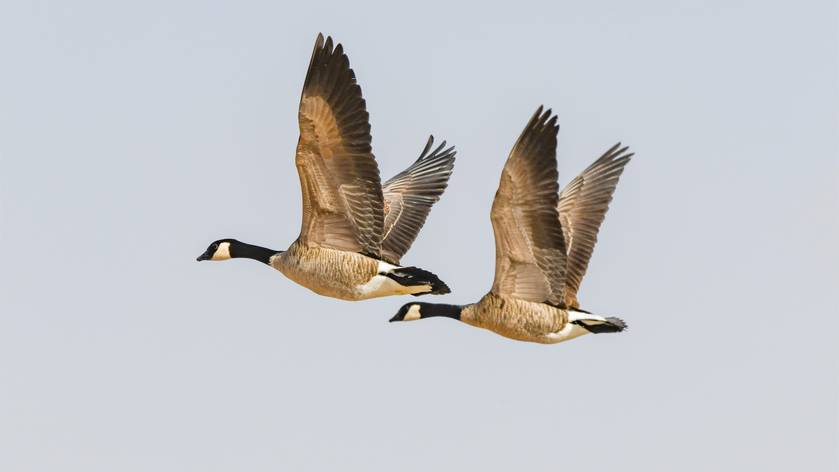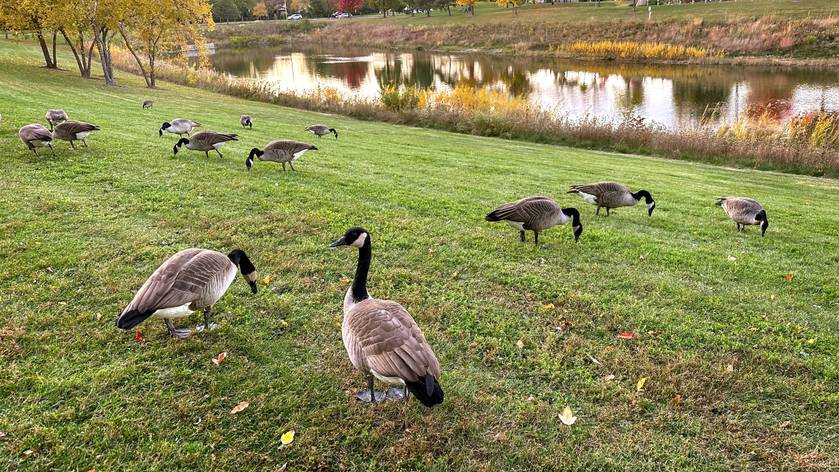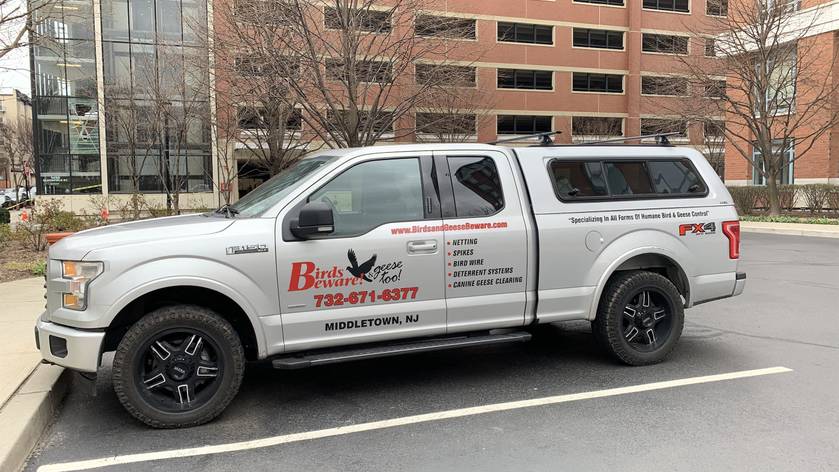DON'T GET
BIRD CONTROL
CANADA GEESE CONTROL
BIRD NETTING
GEESE HAZING
BIRD WIRE
BIRD SPIKES
SHOCK TRACK
UNTIL YOU SPEAK WITH US
We are your best choice when it comes to bird control or Canada geese control solutions. Whether you need help at a residential property or a commercial facility, you've come to the right place! Servicing all of New Jersey, New York & Connecticut.











